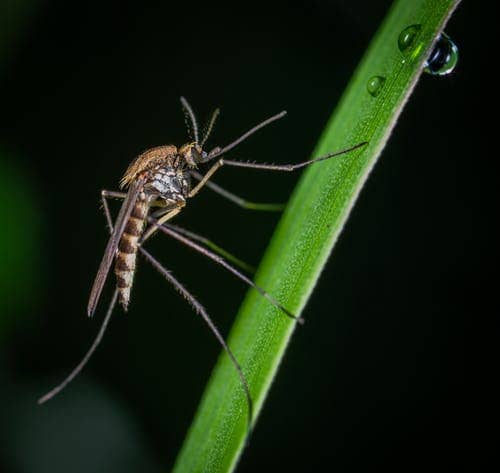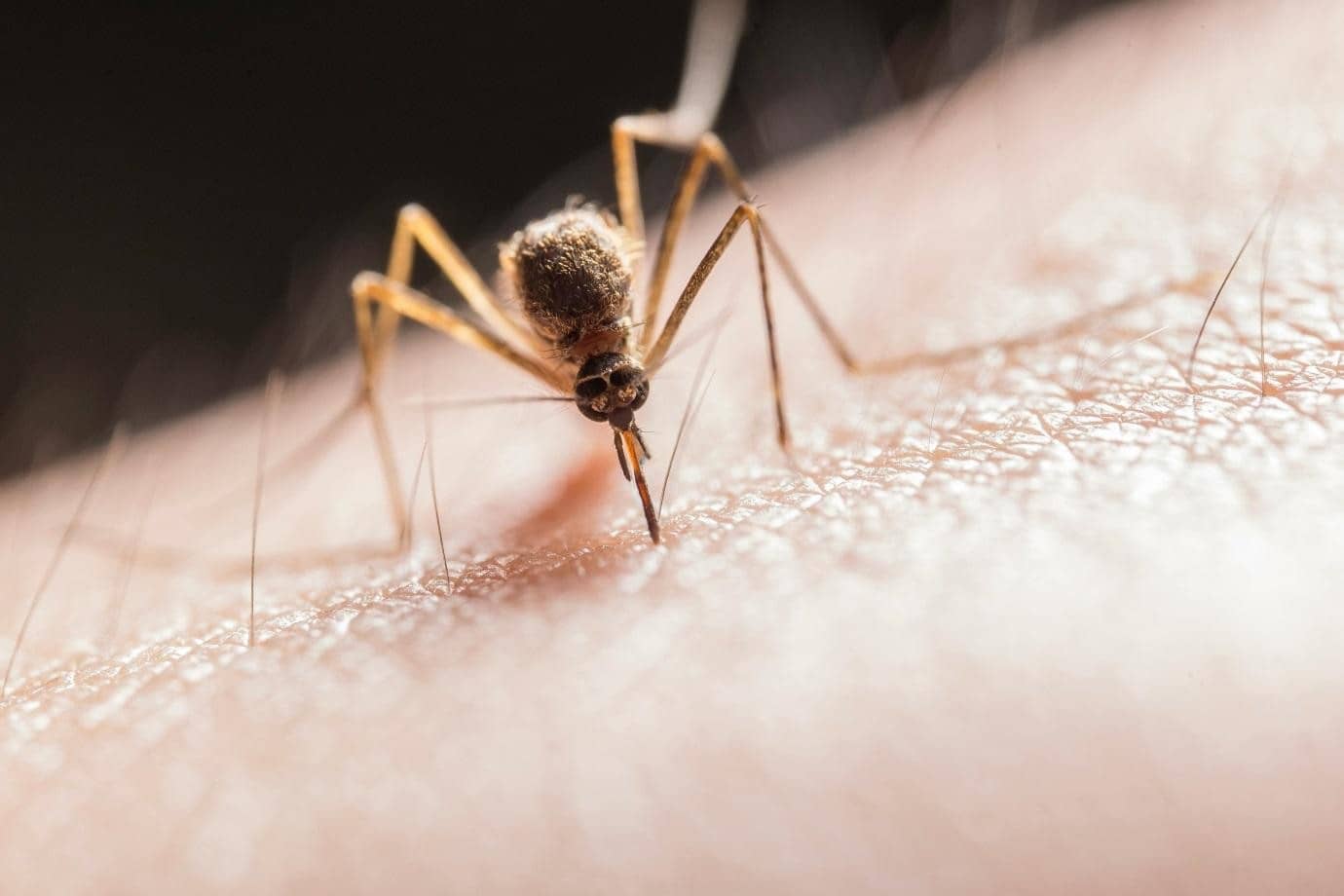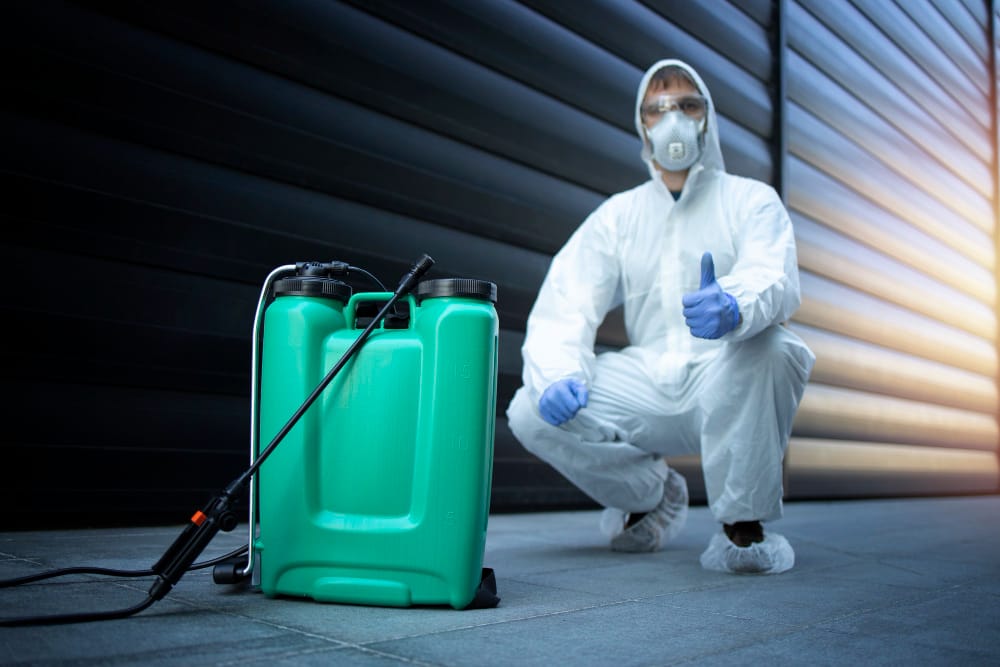Mosquito-borne illnesses are rare in the US, but the effects can be devastating.
Often, these diseases only present themselves through mild flu-like symptoms, such as fever, aches, vomiting and nausea, and as such, can be easily mistaken for other ailments.
However, they have the potential to develop into more serious illnesses, with severe symptoms such as paralysis, inflammation of the brain (encephalitis), inflammation of the membranes that surround the brain and spinal cord (meningitis), and other neurological symptoms.
These diseases are described as neuroinvasive, meaning they can affect the nervous system. Neuroinvasive diseases caused by mosquitoes can be fatal, and typically, there’s no effective treatment available beyond supportive health care to manage the symptoms. For this reason, prevention is crucial.
Common mosquito-borne diseases
Three of the most common mosquito-borne illnesses in the US are West Nile virus, La Crosse virus, and Eastern Equine and St. Louis Encephalitis.
West Nile virus
West Nile virus is the most common mosquito-borne disease in the continental US. It causes fever and other flu-like symptoms, such as rashes, diarrhea and vomiting, and can last from a few days to several weeks. It also results in extreme fatigue and weakness during the recovery period, which can last up to several months.
Approximately one in five people who contract West Nile end up developing encephalitis or meningitis as a result, and of these cases, around 10 percent are fatal.
La Crosse virus
The second most common mosquito-borne disease in the US, this virus also causes fever and other flu-like symptoms. It’s more common in children under the age of 16.
Of the 86 cases reported to health officials in the US throughout 2018, 83 were classified as neuroinvasive. While less than one percent of cases are fatal, severe instances of La Crosse can cause seizures, encephalitis, coma and paralysis.
Eastern Equine and St. Louis Encephalitis
This disease is rare, but dangerous. Only six neuroinvasive cases were reported in the US in 2018. While some people experience only flu-like symptoms, others end up developing encephalitis, and one third of people die from it. In non-fatal cases, victims are often left with severe disabilities.
Prevention of mosquito-borne diseases
To help prevent the spread of these illnesses, you can take the following precautions.
-
- Use insect repellent
Repellents with 25 to 30 percent deet are the most effective, and should be used whenever you’re at risk of coming into contact with mosquitoes.
- Use insect repellent
- Prevent access
To keep mosquitoes away from your skin and out of your home, wear long sleeves and trousers, and install screens in doors and windows.
- Avoid stagnant water sources
Mosquitoes breed in stagnant water, so try to eliminate any sources of this near your home, such as birdbaths or ponds, where possible.
- Keep up to date with outbreaks
Make sure to heed any warnings issued by local health officials, in the case of heightened risk or outbreaks.
Take care when traveling
Check with your doctor before traveling abroad to ensure you’re up to date with any recommended vaccinations for the area you’re visiting. Bring a high quality repellent with you, and check for screens and other prevention measures when booking accommodation.




